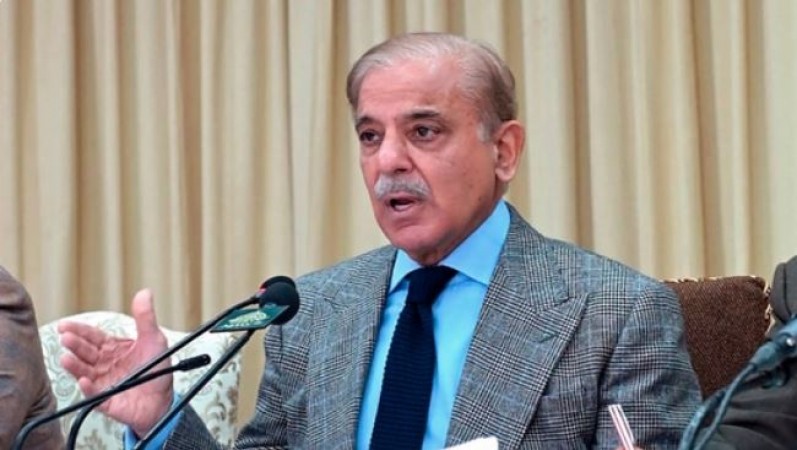
Islamabad: Pakistan and the International Monetary Fund (IMF) have agreed on a USD 7 billion aid package over more than three years to help the cash-strapped country tackle its chronic economic issues. The IMF confirmed the deal in an overnight statement, subject to approval by its Executive Board. "Building on the economic stability achieved under the 2023 Stand-by Arrangement (SBA), IMF staff and the Pakistani authorities have reached a staff-level agreement on a 37-month Extended Fund Facility Arrangement (EFF) of about USD 7 billion," the global lender stated.
The new program aims to support Pakistan's efforts to cement macroeconomic stability and create conditions for stronger, more inclusive, and resilient growth. The IMF highlighted steps to strengthen fiscal and monetary policy, broaden the tax base, improve State-Owned Enterprises' (SOE) management, enhance competition, secure a level playing field for investment, enhance human capital, and scale up social protection through the Benazir Income Support Programme (BISP). The IMF emphasized that continued strong financial support from Pakistan's development and bilateral partners would be crucial for the program to achieve its objectives. An IMF team led by Nathan Porter, IMF’s Mission Chief to Pakistan, held discussions with Pakistani officials during a staff visit to Islamabad from May 13-23, 2024.
The new program aims to build on the macroeconomic stability achieved over the past year by strengthening public finances, reducing inflation, rebuilding external buffers, and removing economic distortions to spur private sector-led growth. Pakistan has agreed to increase tax revenues by 1.5% of GDP in FY25 and 3% of GDP over the program's duration. Revenue collections will be supported by simpler and fairer direct and indirect taxation, including bringing net income from the retail, export, and agriculture sectors into the tax system.
The federal and provincial governments have agreed to re-balance spending activities, with provinces taking steps to increase their tax-collection efforts, including in sales tax on services and agricultural income tax. This agreement marks Pakistan's latest turn to the global lender for help in stabilizing its economy and managing its debts through significant bailouts. Earlier this year, the IMF approved the immediate release of the final USD 1.1 billion tranche of a USD 3 billion bailout to Pakistan. Finance Minister Muhammad Aurangzeb indicated that the government planned to seek a long-term loan to help stabilize the economy after the end of that bailout package.
The deal was announced just two weeks after Pakistan approved a tax-laden budget for the 2024-25 fiscal year with the IMF's approval. Analysts noted that the new budget of about USD 68 billion—up from USD 50 billion in the last fiscal year—was aimed at qualifying for a long-term IMF loan of USD 6 billion to USD 8 billion to help stabilize the economy. In 2023, Pakistan nearly defaulted on its foreign debt payments.
India to Host Inaugural World Audio Visual & Entertainment Summit in Goa
Fire Erupts in Patna's Boring Road Apartment, Swift Action by Fire Department